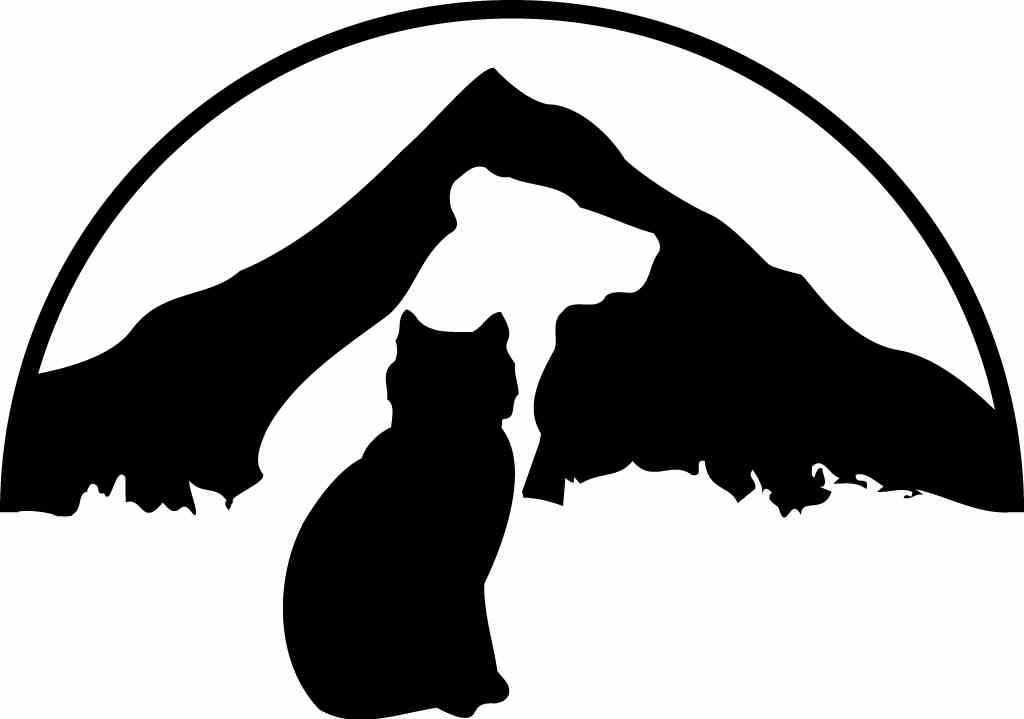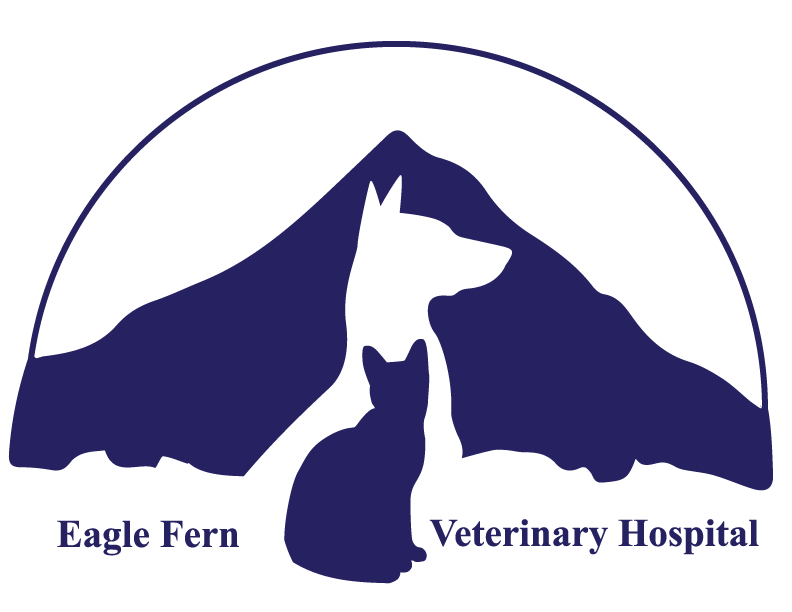|
 Senior Cat Health Care Senior Cat Health Care
Your pet cat or dog is considered a senior if it is 8 years or older. With advances in diagnostics, therapies and nutrition, senior pets are able to live longer, higher quality lives.
Common senior diseases include arthritis, obesity, dental disease, heart disease, cataracts, urinary incontinence, cancer, kidney failure, diabetes, anemia, liver disease and thyroid disorders. Earlier detection of disease allows us to treat and prevent many diseases.
You may note signs of disease:
- Limping, stiffness, difficulty climbing stairs
- Loss of house training, urinary incontinence
- Increased thirst or urination
- Confusion, disorientation, changes in sleep patterns, or no longer greets family members
- Constipation or diarrhea
- Bad breath or dental disease
- Decreased appetite, weight change
- Vomiting
- Seizures
- Coughing
- Vision or hearing problems
- Skin lumps
Please mention any of these symptoms to the technician or doctor during the history taking of your pet.
We recommend all senior pets be examined every 6-12 months. In addition to a physical exam, screening blood and urine tests give a more complete picture of overall health. If abnormalities are found additional diagnostics may need to be done or tests repeated at a later date to monitor the disease
| 
